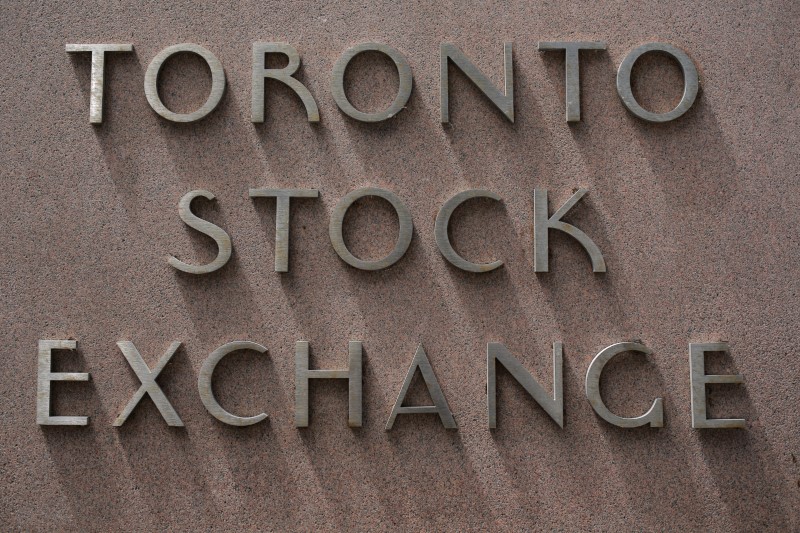By Ketki Saxena
Investing.com – While Wall Street trading sideways - with the Nasdaq and S&P500 managing to eke out a gain at midday, while the Dow traded flat, the TSX declined this morning as energy stocks weighed on the resources-tilted Canadian index despite a gain in crude prices.
It’s been a rough week for Canadian energy stocks, with Cenovus yesterday announcing reduced downstream production and Suncor (TSX:SU) being downgraded today by Wells Fargo (NYSE:WFC), and both amongst the most sold stocks on the TSX today.
Investor sentiment meanwhile continues to remain uncertain ahead of US CPI data expected later this week.
The Biggest Stories on Bay Street
First Quantum Minerals (TSX:FM) says that it is ready to reach a deal with the Panamanian government over its Cobre Panama Mine, meeting terms set out by the government last January. The deal will include minimum of US$375 million per year in government income, including corporate taxes, and a profit-based royalty of 12% to 16%, with downside protections for the government’s position.The Panamanian government ordered the suspension of work at the mine in December after a failure to agree on new profit sharing terms.
HydroOne has announced a new Chief Executive and President - David Lebeter. The company’s current utilities chief operating officer. will step into the role in February. Lebeter will take over from interim president and CEO William Sheffield, who will help with the transition. Before joining Hydro One (TSX:H), Lebeter held a range of senior executive positions at BC Hydro from 2005 to 2019.
Canadian Stocks Moving Markets Today
Top Gainers:
Top Losers:
- Algoma Steel Group Inc (TSX:ASTL)
- Innergex Renewable Energy Inc . (TSX:INE)
- Richelieu Hardware Ltd. (TSX:RCH)
In Canadian Economics
The Office of the Superintendent of Financial Institutions (OSFI), Canada’s banking regulator, will be taking a more hands on role with the country’s largest banks, a few weeks after it mandated banks buffer up their capital reserves to protect against macroeconomic risks. The regulator signaled it could ask institutions to further up is buffers - or lower them in the case of an excessively deep downturn.
